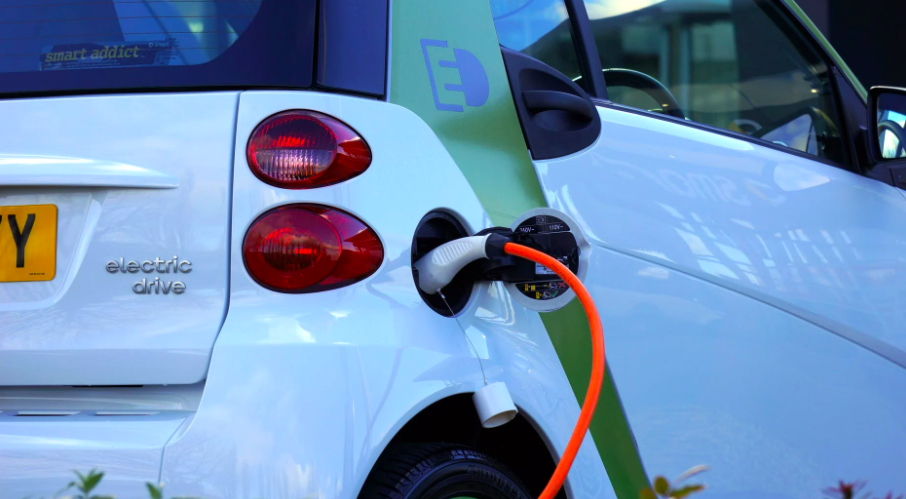Whether the concern is polluted air, greenhouse emissions or dependency on a finite supply of resources, businesses and governments worldwide have begun the search for cleaner, more abundant fuels. In particular, lives are affected by pollution on a regular basis in Salt Lake. The city was ranked as the seventh most polluted in the U.S. by the American Lung Association. Words like zero-emission, once only seen in environmental reports, are now entering the board room and political discourse.
Salt Lake City’s pollution is high, but not unmanageable. One of the main pollution sources is vehicles, and because of this, one solution would be to encourage the use of zero or low emission vehicles such as hybrid, electric or hydrogen-powered.
There are all-electric vehicles such as the Leaf and E-NV200 series from Nissan, BMW’s i3, Chevrolet’s Spark EV, Ford Focus Electric to choose from, as well as the Model 3 from Tesla which, by the way, will be far more affordable and will also be in markets soon. These and others will compete with hybrids such as the Toyota Prius, the Honda Accord Hybrid, the Cadillac ELR, the Ford Fusion Energi, the Hyundai Sonata Hybrid and the Chevy Volt.
Yet, while the new entries garner media attention and praise, little is being said about promoting hydrogen. Hydrogen has long been seen as a possible answer to our environmental challenges. It burns clean, is more chemically efficient than gasoline, and the only by-product produced is water.
Some proponents of a hydrogen economy envision a world where we have unlimited, clean power, made possible by extracting hydrogen from sea water using solar energy, three of the most abundant resources on earth. Critics of electric cars often point out that the energy to power the vehicles is often still dependent on burning fuel to create electricity. Yet hydrogen fuel produced by solar is dependent upon neither carbon-based fuels nor nuclear fuel.
The optimal use of hydrogen is the fuel cell. These compact cells utilize a chemical reaction to convert fuel, most often hydrogen, into electricity. A bank of fuel cells can power a car for hundreds of miles and be quickly refueled. In addition, Toyota recently unveiled a fuel cell concept car, the Mirai. Other automakers, including Ford, Daimler, Alfa Romeo, BMW, Chrysler, Fiat, Honda and Nissan have also announced plans to produce fuel-cell vehicles in the next years.
With the many benefits available through either hydrogen or electricity, several steps have been taken to expand and test the applicability of these technologies. London, for example, currently has eight public buses running on hydrogen. Utah is currently testing electric bus options, such as the one manufactured by Proterra, a California company.
The main pain point focuses on infrastructure development. Both electric and hydrogen-powered vehicles require refueling stations. Recent steps have been taken in many states to build up the infrastructure needed for electric vehicles. Yet, governments and companies must do more, for instance, by installing electric chargers for cars at work and at public parking lots, and by building the infrastructure needed to refuel hydrogen vehicles.
All in all, with the rise of electric vehicles, we need to be aware of crowding out other potential energy alternatives. Who knows whether the hydrogen economy will be viable. But we have to be aware that electricity produced through traditional carbon-based sources of fuel is not leading to a sustainable energy future.
For more information on sustainable vehicles, see CALSTART’s homepage and then look under projects: http://www.calstart.org/Homepage.aspx. Also see the American Hydrogen Association http://www.americanhydrogenassociation.org/index.html.
John Hoffmire is director of the Impact Bond Fund at Saïd Business School at Oxford University and directs the Center on Business and Poverty at the Wisconsin School of Business at UW-Madison. He runs Progress Through Business, a nonprofit group promoting economic development.
Ben Young, Hoffmire’s colleague at Progress Through Business, did the research for this article.
Act Now to compare fuel cell vehicles on sale now.





